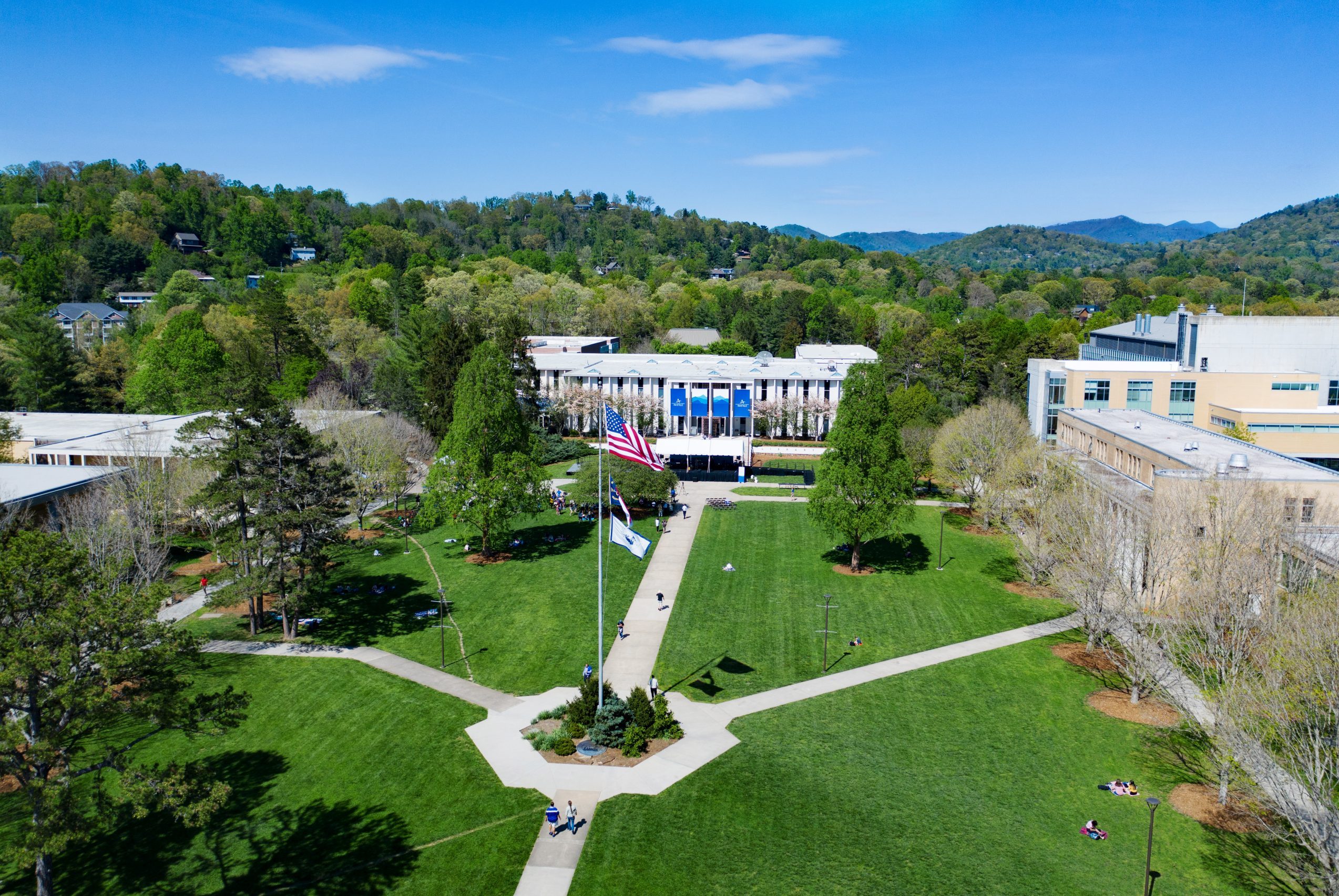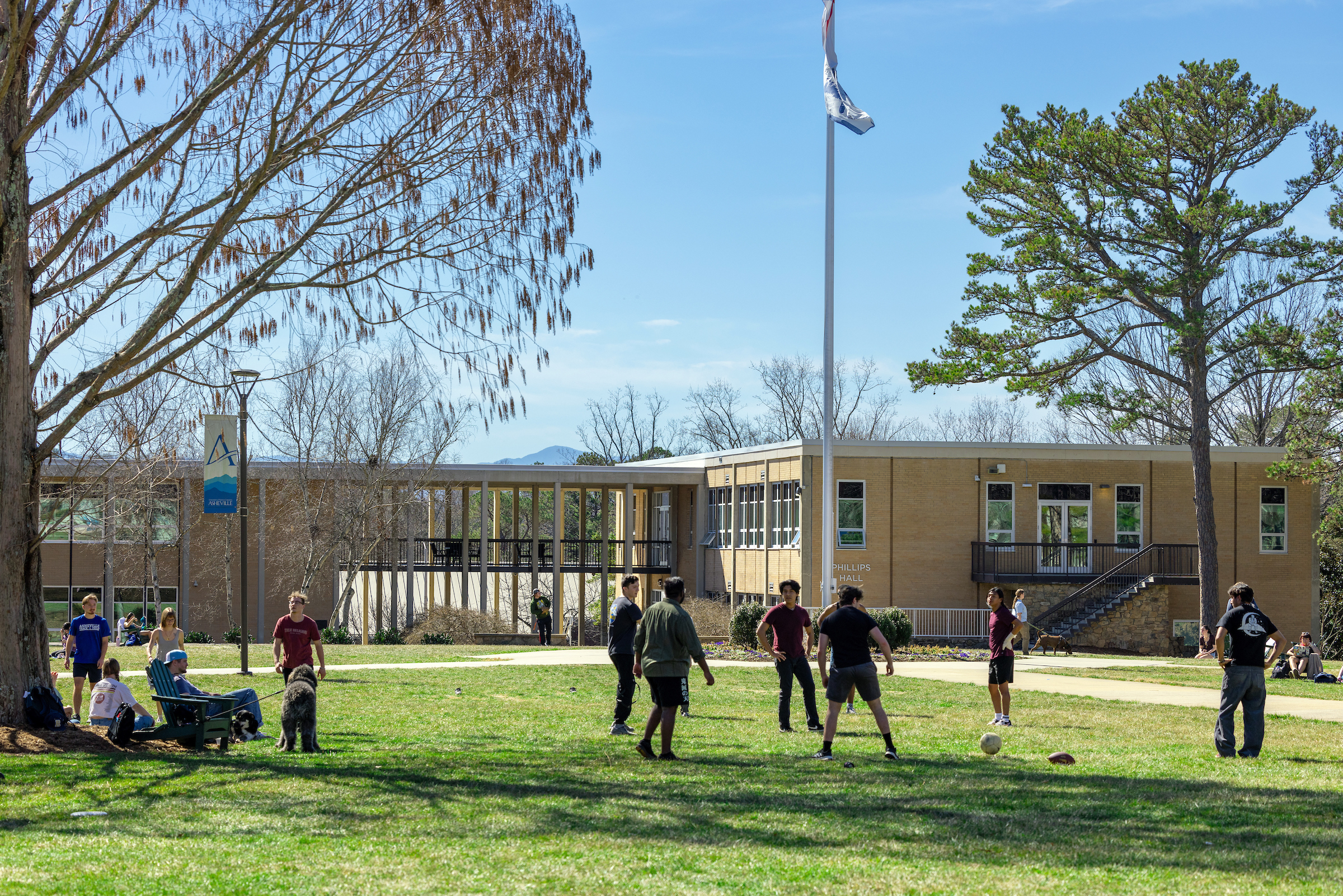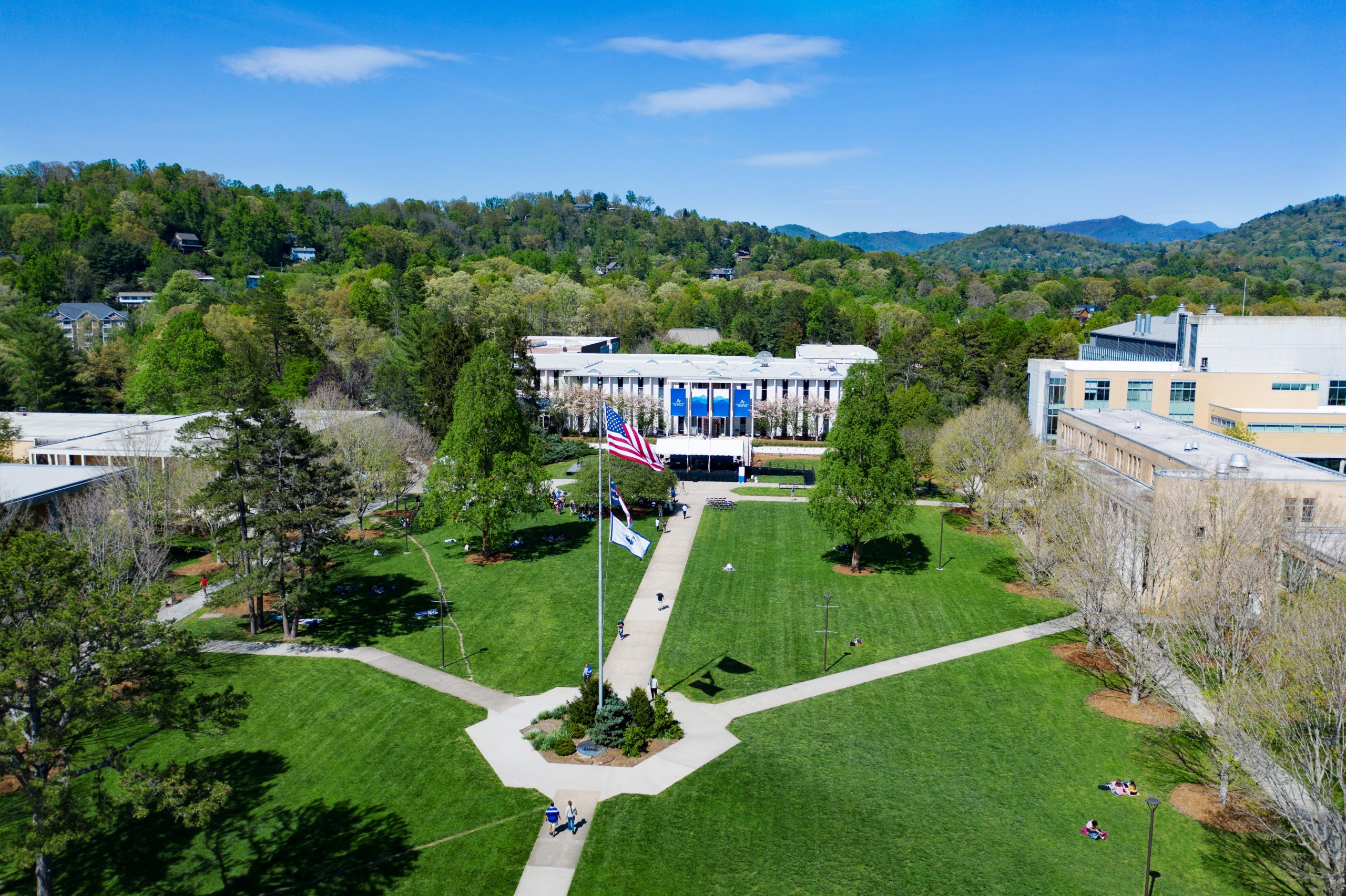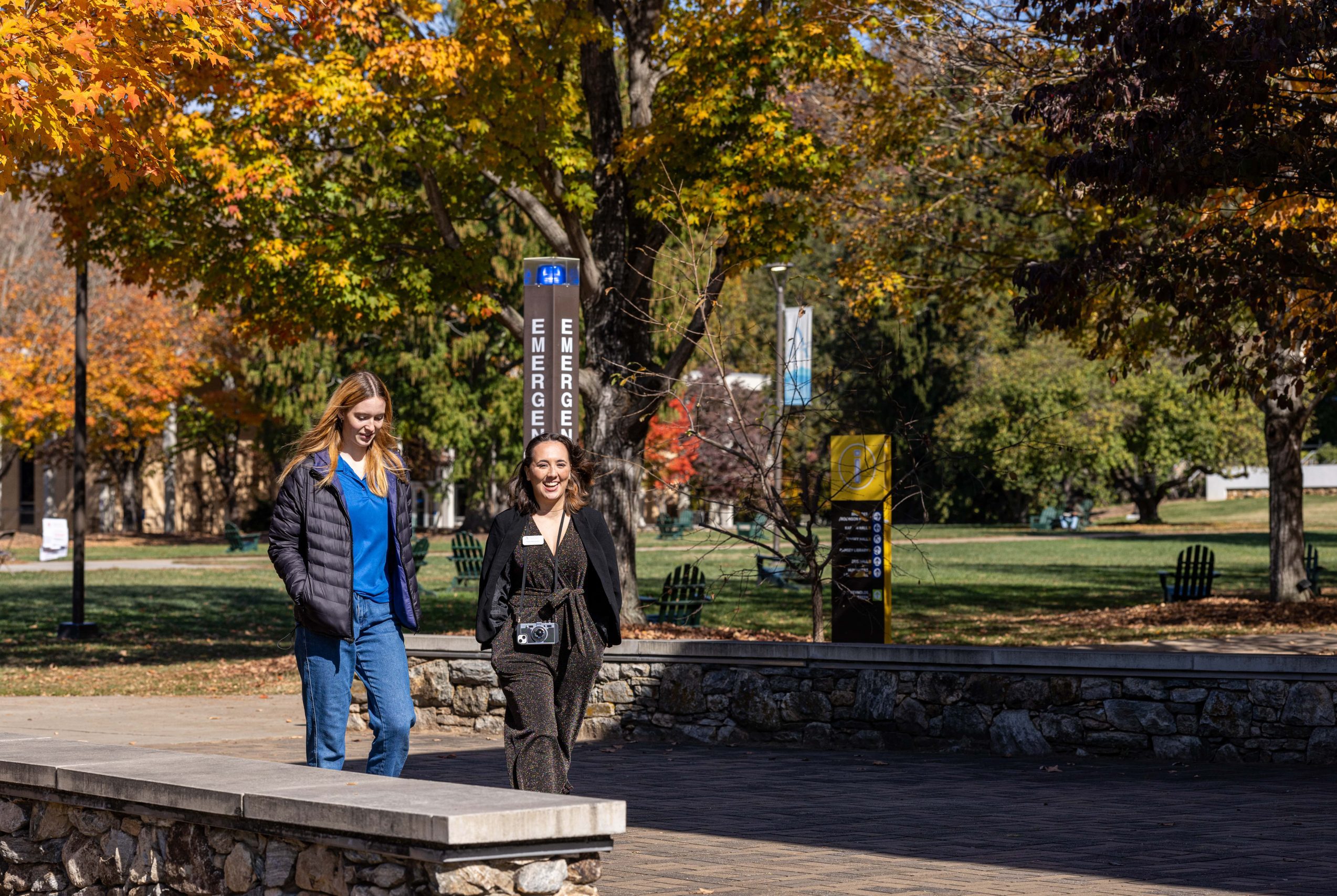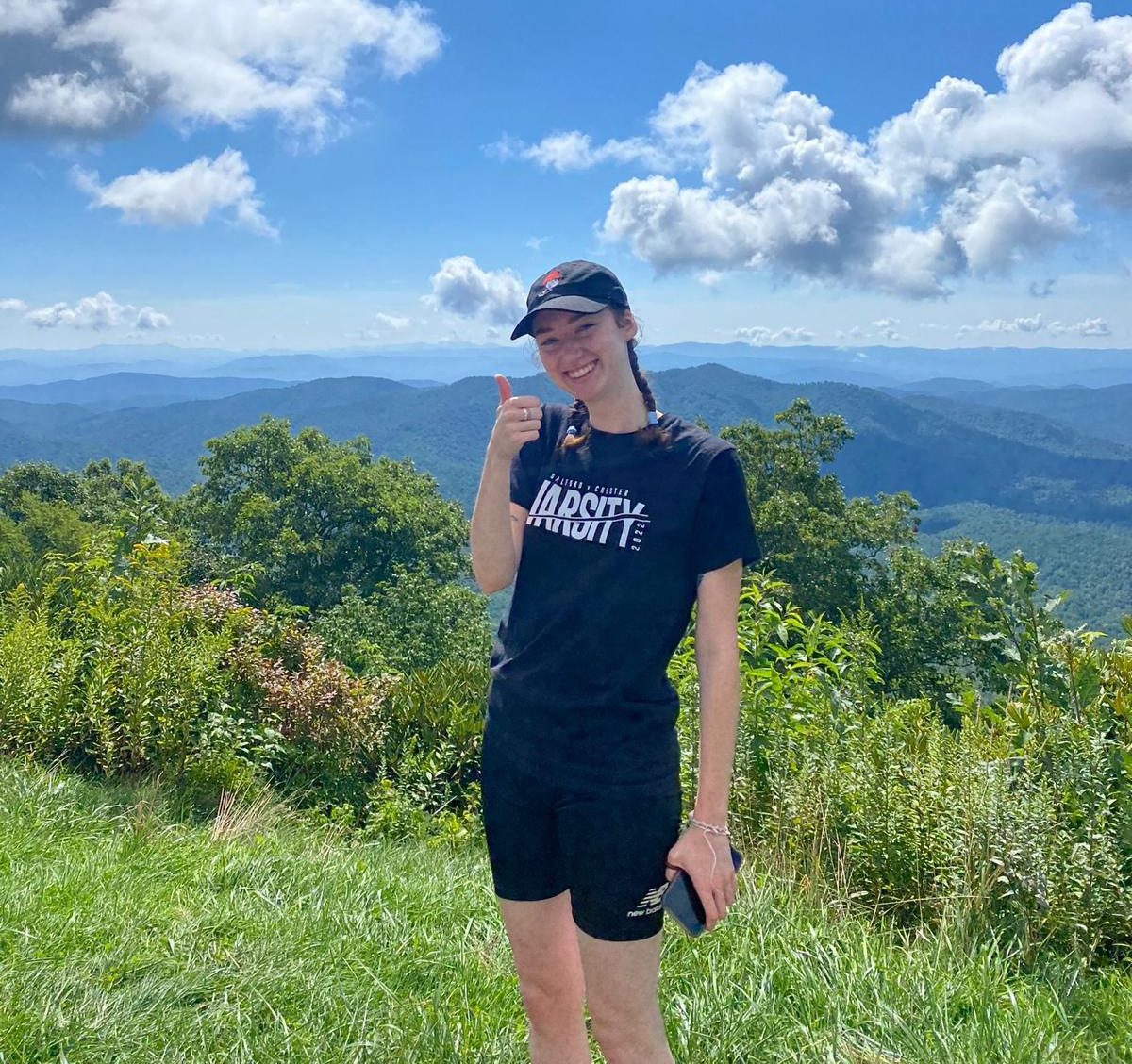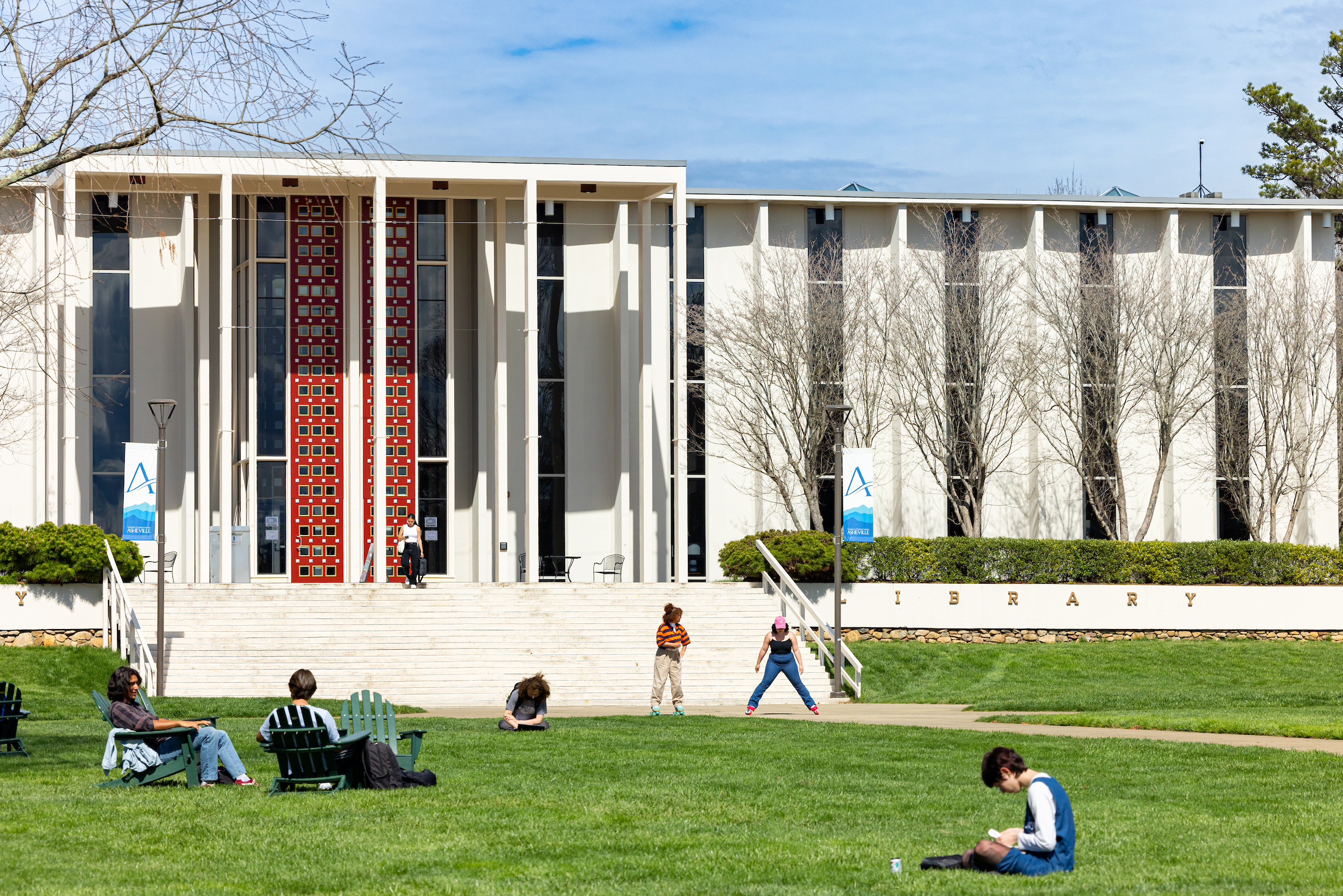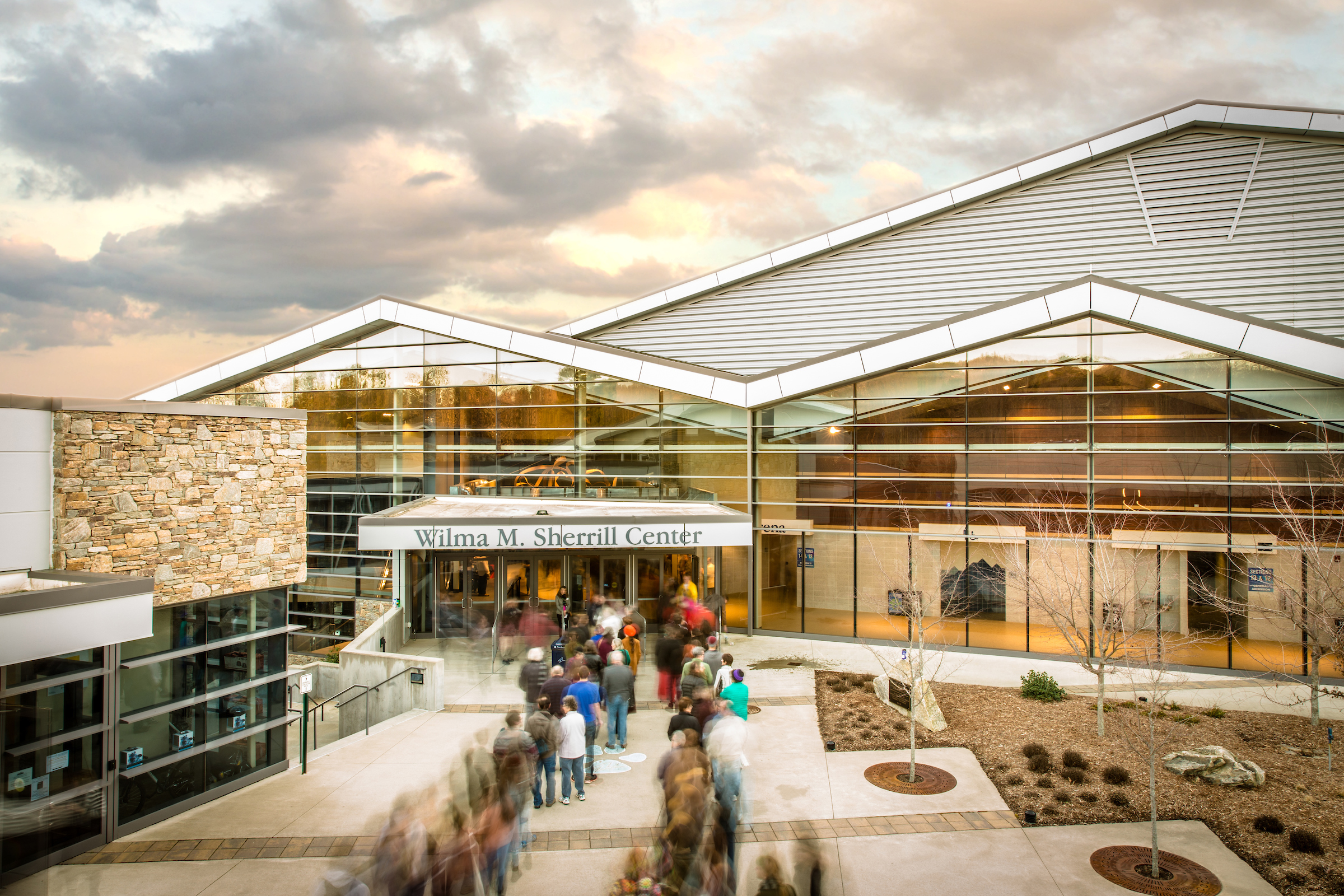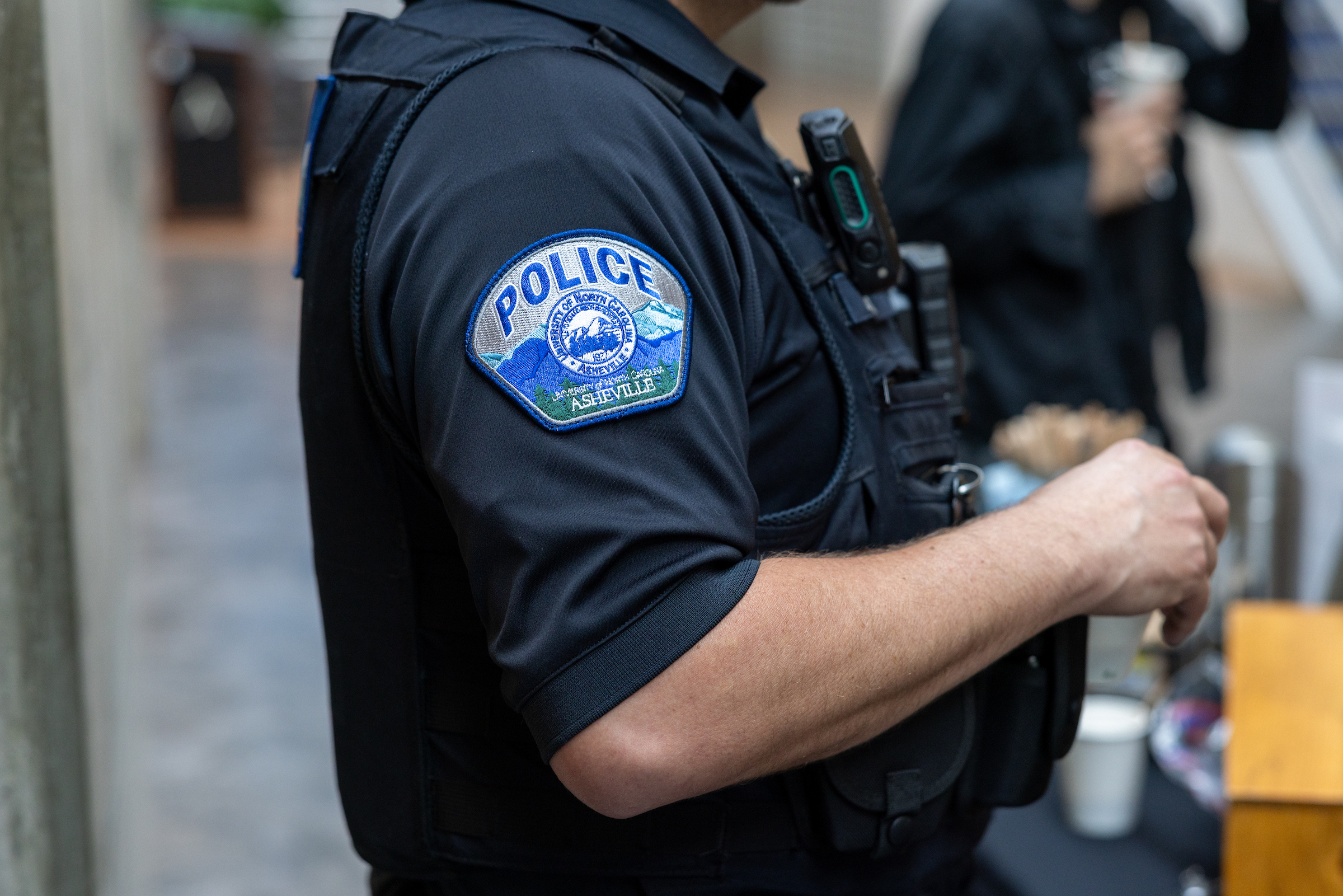If you are seeking employment on campus, please be aware that you need to schedule an appointment with your immigration officer in the Office of Study Abroad and ensure that you fully understand and complete any authorizations processes associated with on-campus employment and for some eligible students, work off campus (Optional or Curricular Practical Training and other, less common, forms of authorized off-campus employment.)
Social Security Number
In order to qualify for a Social Security Number, you must have been offered a position of employment. (Note: International students are permitted to work on campus up to 20 hours per week while the University is in session).
International students who are eligible for a Social Security Number may apply online before setting up an appointment at a Social Security Administration Office. Valid, official documents required at the time of application include a signed letter of employment or job offer from a UNC Asheville department, a signed letter from the Study Abroad office, and a DS-2019 or I 20, passport, visa and most recent I-94 record.
For more information, please visit Applying for a Social Security Number for the First Time or Asheville’s local Social Security Administration office:
800 Centre Park Drive
Asheville, NC 28805
(800) 772-1213
You may also want to request assistance for the process of obtaining your SSN from ldobson@unca.edu.
Driving in the United States
In some cases, international students may be held to be temporary residents, and would then be authorized to use their home country driver’s license. If you have an International Driver’s License, you will still need to show your home country driver’s license as well if asked for your documents.
Depending on your immigration status and the length of your stay, you may be legally required to apply for a North Carolina driver’s license in order to drive in the United States. For proof of legal presence in the U.S., you will need to provide the following valid, official documents: DS-2019 or I-20, passport and student visa, I-94, proof of residency (e.g. a utility bill or apartment lease), and proof of car insurance. Please visit the Department of Motor Vehicles website to learn more and to apply.
Whether you drive with a home country license or a NC Driver’s license, it is important that you we read the “Driver’s Handbook” available at the Department of Motor Vehicles (DMV) website. This manual will provide you with vital information about the driving rules which will help you be a responsible and safe driver in North Carolina and beyond. You can find information about accessing the driver’s handbook on the website above.
